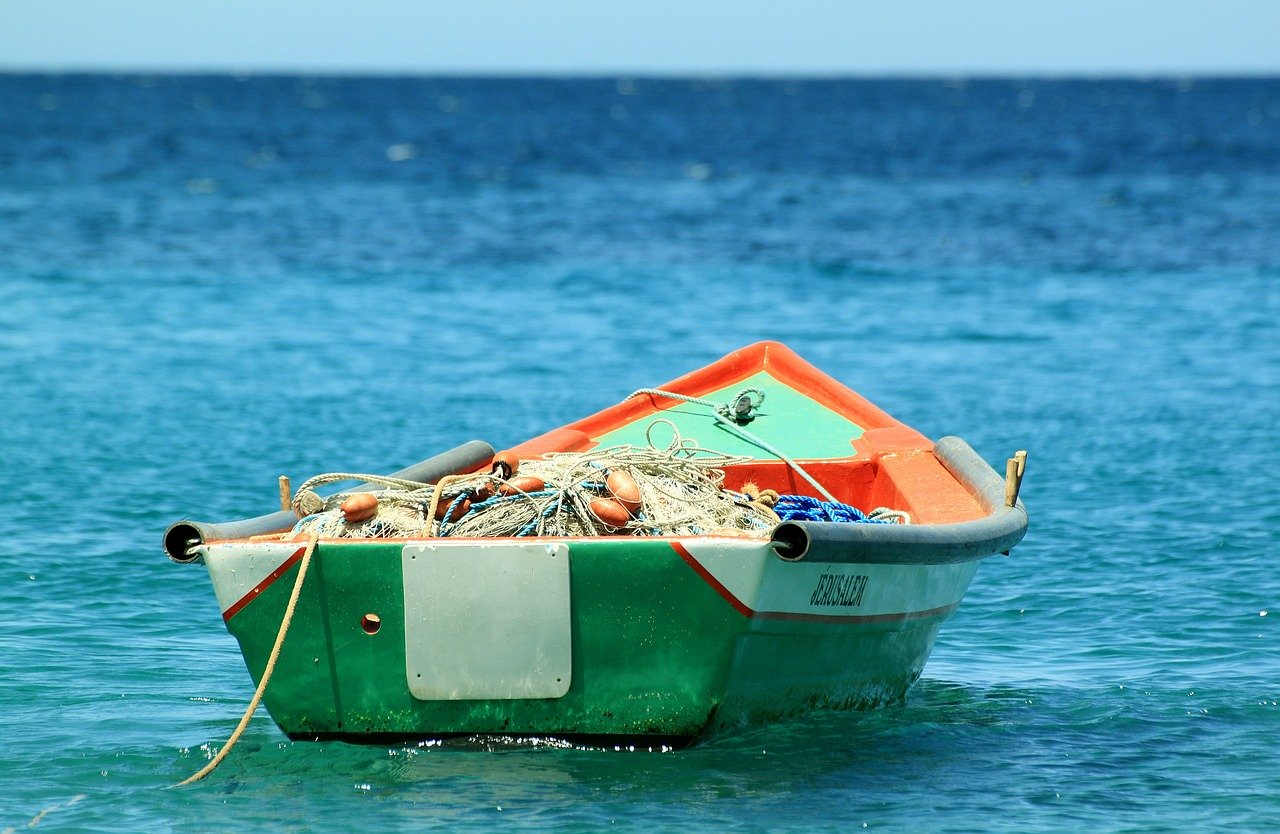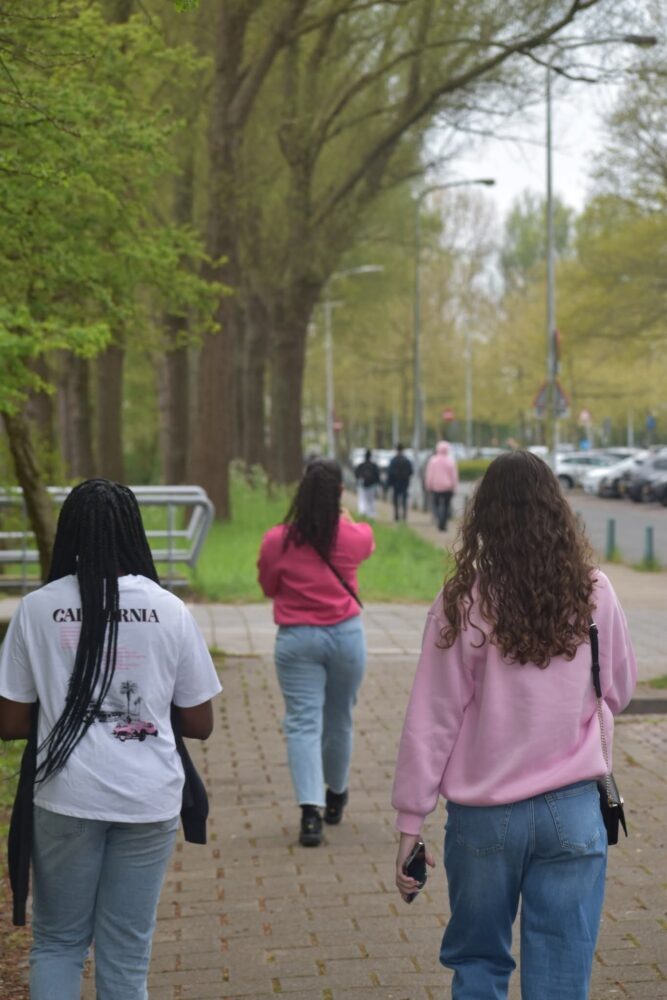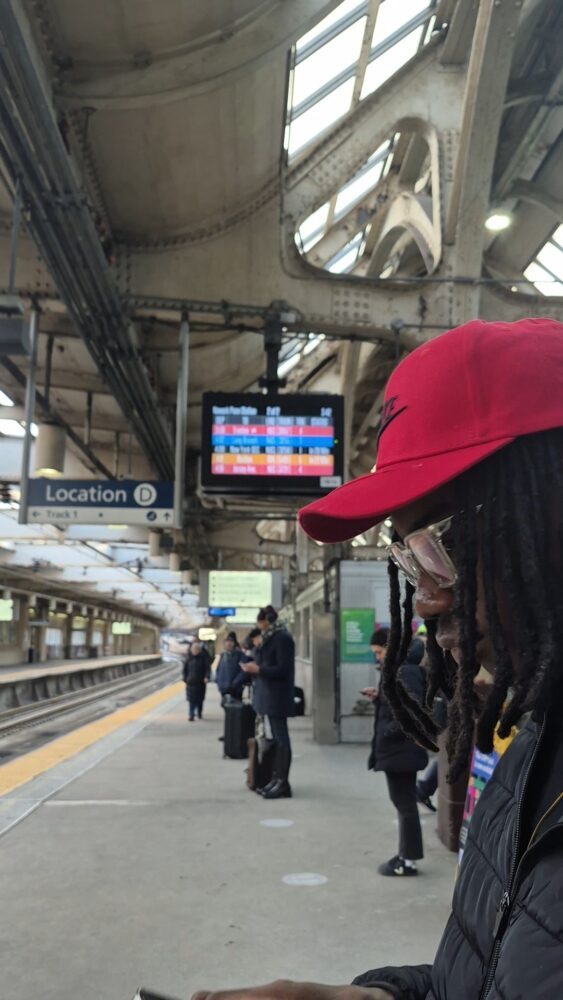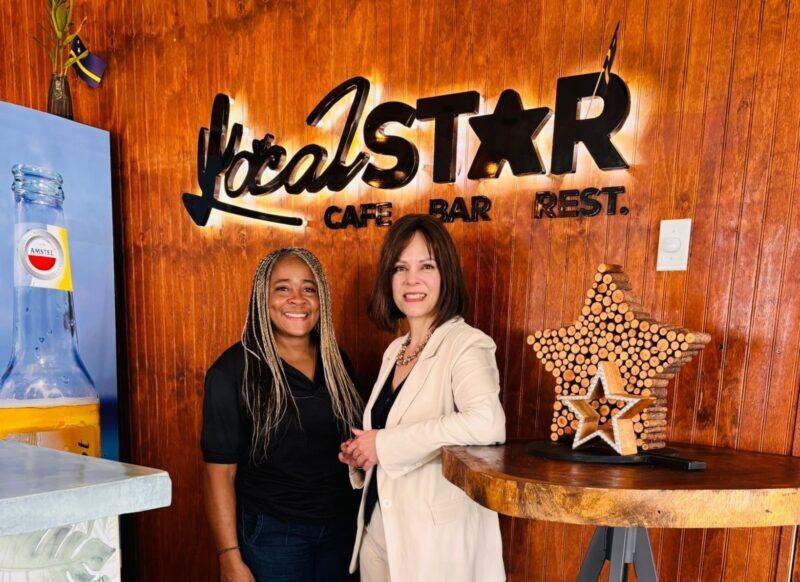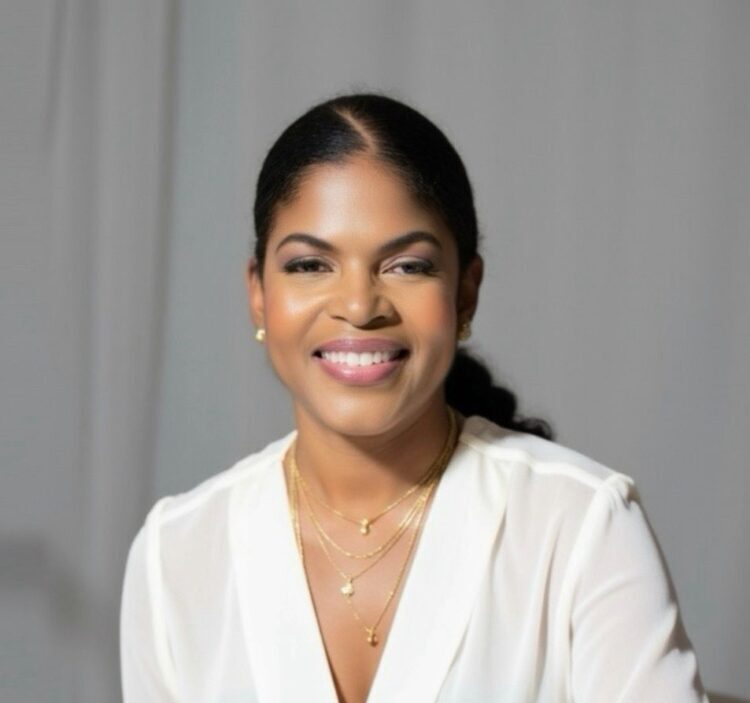WILLEMSTAD – Strengthening and broadening its own economy so that it is less reliant on tourism or aid from the Netherlands, that’s how Curaçao wants to move forward after the corona crisis. One of the sectors the government wants to see grow is the fishing industry. Hans Eikenaar doubts whether this will work in reality.
Minister Suzy Camelia-Römer of Health, the Environment, and Nature suggested that special fishing courses should be given: people should be educated so that the fishing industry can be expanded as soon as possible. Fisherman Hans Eikenaar has his doubts about these plans.
Report by Nadine Roos (Dutch spoken)
Eikenaar has been fishing for 45 years in the waters of Curaçao, formerly as a professional and currently as a hobbyist. “There was once a project where they wanted to introduce larger fishing vessels to boost the export, but most of the fishermen on the island are individual fishermen, who fish to support their families.”
“Curaçao is not an ideal spot to fish frankly”
– Fisherman Hans Eikenaar
..
The boating license is hard to get for most individuals says Eikenaar. “Fishermen often have a lot of practical experience with the toughest seas, but they are not used to learning theories which prohibits them from passing the exam.”
Curaçao, is frankly, not an ideal place to catch a lot of fish: “The fish stocks on the reefs have already been depleted by coral fishing. Next to that the ocean gets deep quickly here. If you fish on Aruba you have a lot more sand banks and more snappers.” Eikenaar doesn’t see a solution in the government’s plans. If everyone were to cast their lines, I don’t think you’d get much out of the ocean.”
“We are at the crossroads of a new development: fishing as a primary sector”
– Fisherman and advocate Erwin Koense
..
Erwin Koense, chair of the Boneco union and spokesperson for two fishermen groups, L. Baai Macola and Rif, is a bit more positive. “We are at the crossroads of a new development. Fishing as a primary sector of the economy, but we have to think about an awareness campaign, because a lot of fishermen are selfish.”
Koense wants more cooperation between the fishermen, especially when it comes to the preservation of healthy fish stocks. “A lot of fishermen use traps made out of chicken wire, which can be detrimental for the reproduction of fish, explaining why some species are no longer present in some bays. There isn’t a lot of fish anymore, especially on the South side of the island. The sea on the North side of the island is a lot rougher, so not everyone can fish there.”
Expanding and cooperating
Exporting fish would be difficult, according to Koense, because refrigerating and storing fish is expensive. He sees expanding the internal market as a better and more ideal option. “The prices in the supermarkets have increased dramatically due to the corona crisis and people of less means can no longer afford fish.”
Expanding the local fish haul should be possible, says Erwin Koense. “The region is good for professional fishermen but the fishermen have to unite. An integral fishing plan should be set up.” Solidarity amongst fishermen is hard to come by because a lot of theft has taken place lately. “My battery got stolen out of my boat”, says Koense.
He hopes that the government and the fishermen will put their heads together. “A new stock of fish needs to be reared but this is being hindered by the destruction of mangroves at the Megapier site for example, while fish use these areas to reproduce, this is shameful and it’s technically plundering.”




